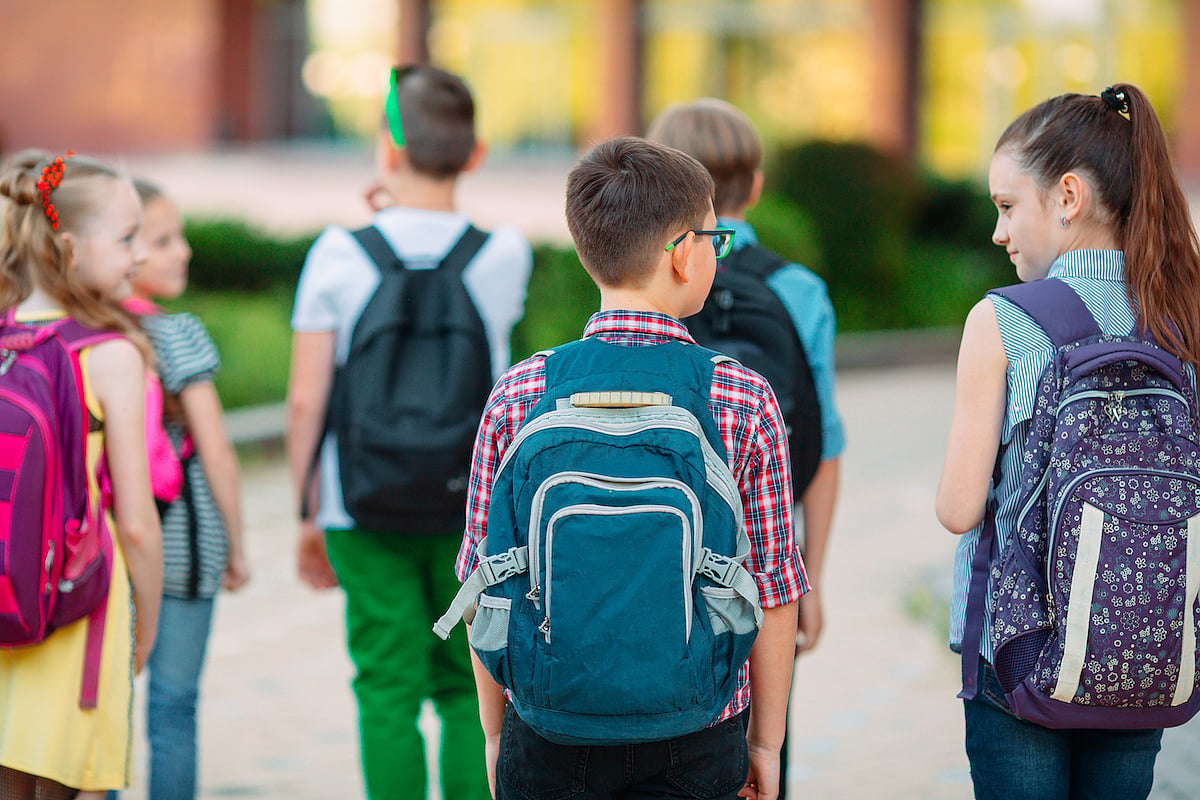Get Healthy!

- Carole Tanzer Miller
- Posted August 30, 2024
School-Based Mindfulness Programs May Boost Kids' Mental Health
Teaching schoolkids to practice mindfulness can boost their mental health -- and, maybe, even their grades.
That's the takeaway from a new review of more than three dozen research studies on school-based mindfulness interventions, such as seated or slow-walking meditation.
In a nutshell, these programs teach kids to pay attention to the present moment and not to be judgmental about it.
"As mindfulness interventions become more widely used and extensively studied, they hold promise for fostering student well-being and mitigating the development of mental health conditions over time," Tina Marshall and her colleagues at the Maryland research organization Westat wrote in the journal Psychiatry Online.
Her team reviewed 41 studies published between 2008 and 2022 of school-based mindfulness interventions.
All had at least two mindfulness components -- for example, a combo of breathing awareness and awareness of body sensations. Of 24 interventions researchers identified, three had strong evidence of effectiveness:
All three included such components as awareness of breathing, bodily sensations, mental states and regulating one's own emotions. Participants in these studies were middle and high school students.
Three other interventions -- Gaia Program, MindUP and a program that combined MBSR with mindfulness cognitive therapy -- were also shown to be somewhat helpful in the elementary school children studied. These interventions generally promoted kindness, empathy, compassion or gratitude.
Overall, mindfulness training was linked to a number of positive outcomes, including clearer thinking, greater resilience and less stress. The programs led to significant gains in emotional awareness and emotional clarity and decreases in self-hostility, depressive symptoms, avoidance and rumination, the review found.
Researchers said these positives suggest that more schools should make mindfulness interventions a routine part their health programming.
But they also noted that few of the studies they reviewed considered how children from underserved populations fared.
"Further research is needed to support decision makers in selecting cost-effective interventions and addressing the needs of students from underserved populations," they wrote.
The findings were published August 27.
More information
There's more about mindfulness at Psychology Today.
SOURCE: American Psychiatric Association, news release, August 28, 2024







